RAJSHAHI, Bangladesh – Pharmacies in Rajshahi are struggling to maintain the quality and effectiveness of medicines as the region endures a persistent heatwave, with temperatures consistently hovering between 35 and 37 degrees Celsius. Experts warn that improper storage at high temperatures can render essential medications ineffective, and in some cases, even dangerous.
The vast majority of medicines sold in Bangladesh require storage at temperatures between 15 and 25 degrees Celsius, in a cool, dry place away from light. However, on-site visits to numerous drug stores across Rajshahi city reveal a widespread failure to adhere to these crucial guidelines. With mercury soaring well above recommended levels, most pharmacies lack adequate cooling systems, relying solely on fans and refrigerators, if any at all.
"About 90 percent of the medicines available in the country's market can be stored at temperatures between 15 and 25 degrees Celsius," emphasized medical experts, highlighting the significant discrepancy with current conditions in Rajshahi.
The lack of proper "cold chain" facilities – which ensure medicines are kept at their optimal temperature throughout distribution and storage – is particularly concerning for essential medical supplies such as antibiotics, insulin, vaccines, ointments, gels, food supplements, and diagnosis kits. There is a growing fear that the quality of these life-saving drugs is deteriorating, or that they are becoming completely spoiled before reaching patients.
A recent survey of various areas, including those around Rajshahi Medical College Hospital (RMCH), Saheb Bazar, Naodapara, Amchattar, and Hargram Bazar, revealed that only a handful of pharmacies possess cold chain-compliant air conditioning systems. Many shop employees appeared unaware of the specific temperature requirements for medicine storage.
Medicine experts express grave concerns that the ongoing heatwave could compromise the effectiveness of emergency medicines. They stress that blood products, vaccines, and certain kits require storage at a precise 4 to 8 degrees Celsius, while most other medications demand temperatures within the 15 to 25 degrees Celsius range. Medicines that specifically need refrigeration will lose their potency if exposed to the current high temperatures.
Rajshahi Civil Surgeon Dr. Rajiul Karim urged adherence to storage instructions printed on medicine packaging. "There are many insulins and ointments that need to be stored in the refrigerator. If these are not stored in the refrigerator, the quality of the medicine will decrease," he noted. "We have to be aware from our place. We have to pay attention so that the quality of the medicine is not damaged in the heatwave."
Responding to the crisis, KM Muhasinin Mahbub, Deputy Director of the Drug Administration Rajshahi Divisional Office, stated that mobile courts are being deployed to monitor medicine quality and ensure compliance. "We are regularly monitoring the market... Due to the heatwave, we are ensuring that the medicines that have been prescribed are kept in the refrigerator," he said. "If we go anywhere during the campaign, if we find that the shops do not have refrigerators or the quality of medicines is not being controlled, then mobile courts are being run there and fines are being imposed. We are working to maintain the quality of medicines in every place in Rajshahi Division."
END/RAR/RH/



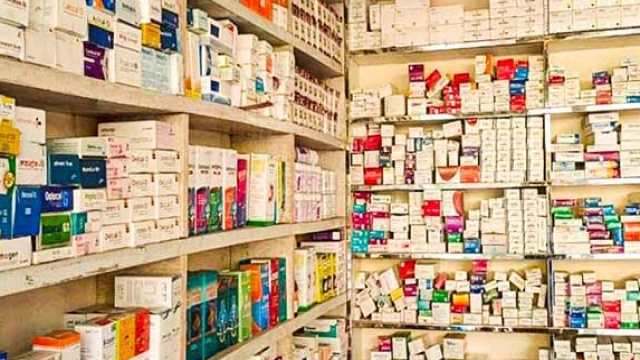
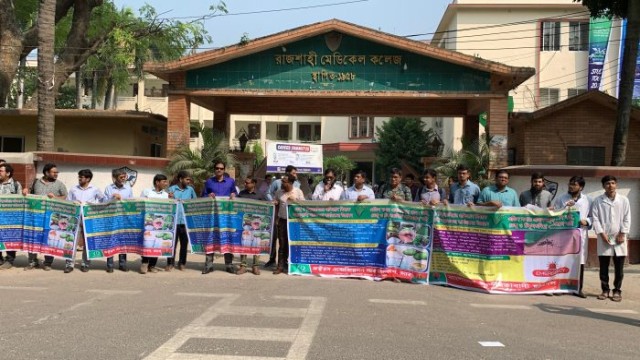
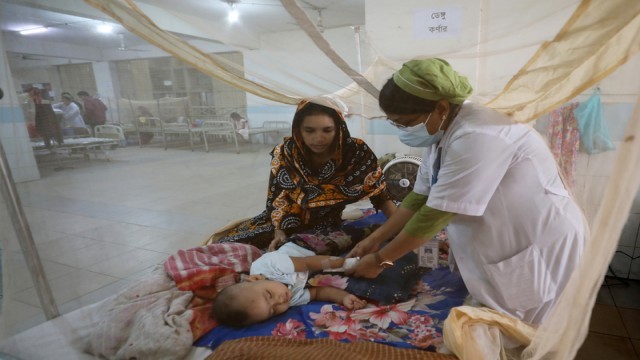

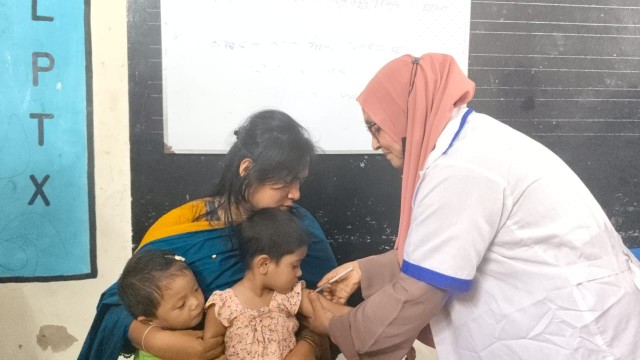

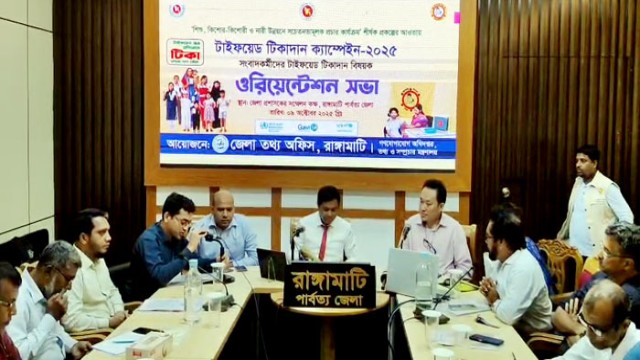


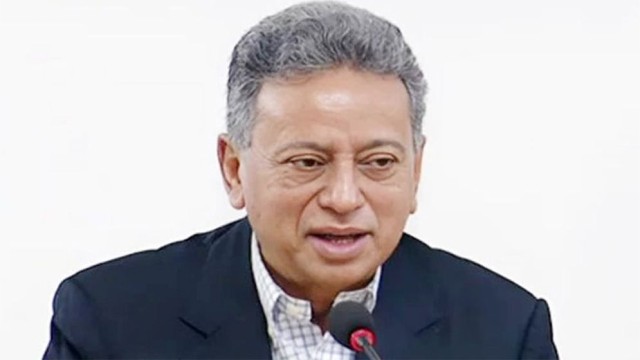
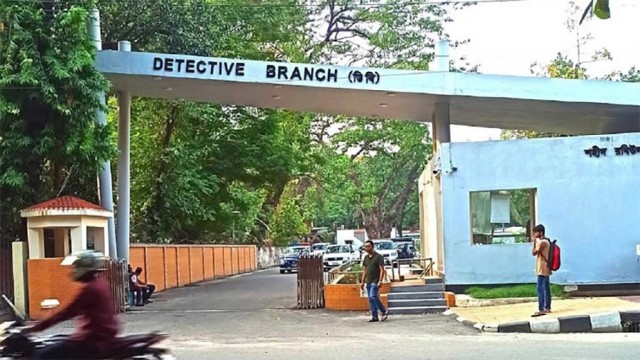
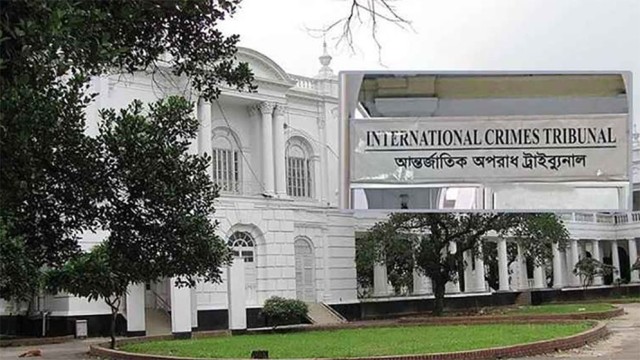

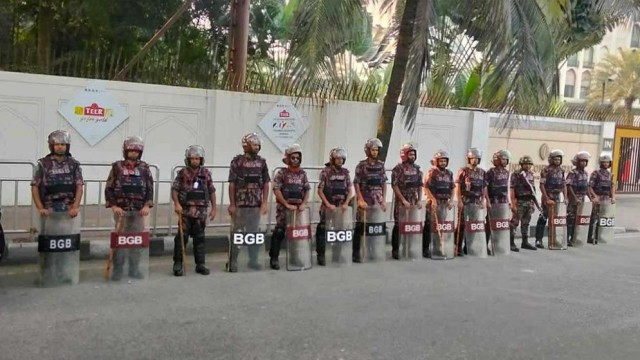
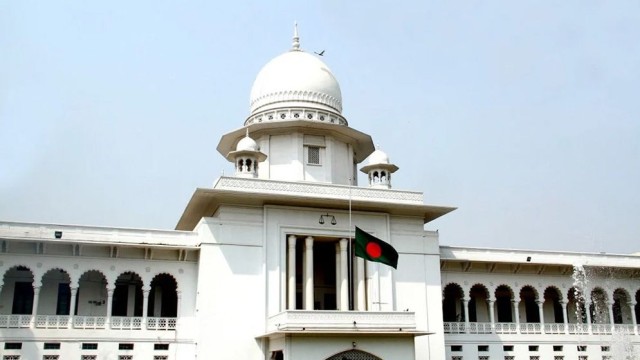
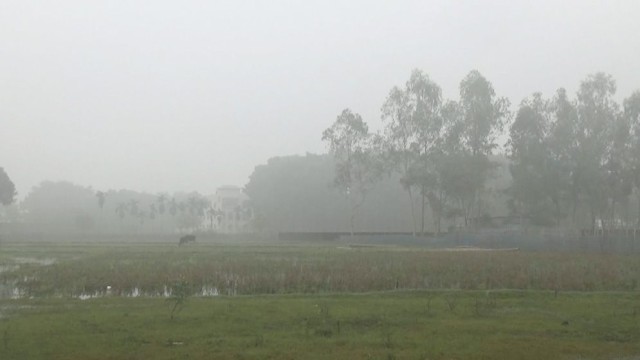



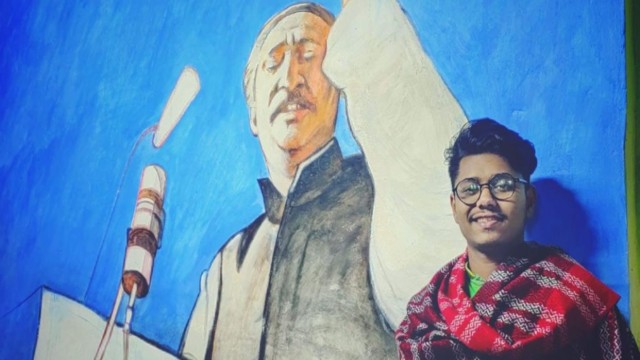
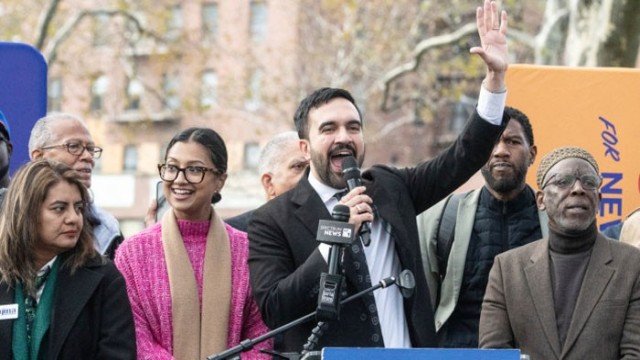



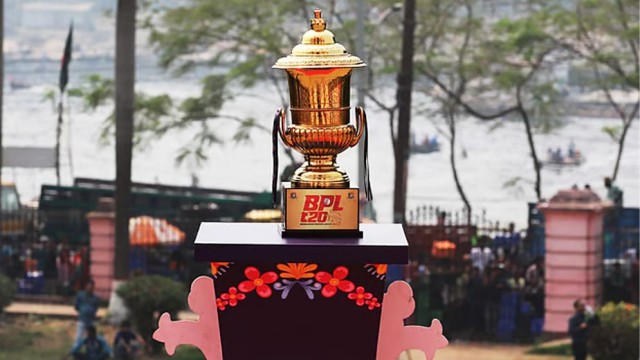



Comment: